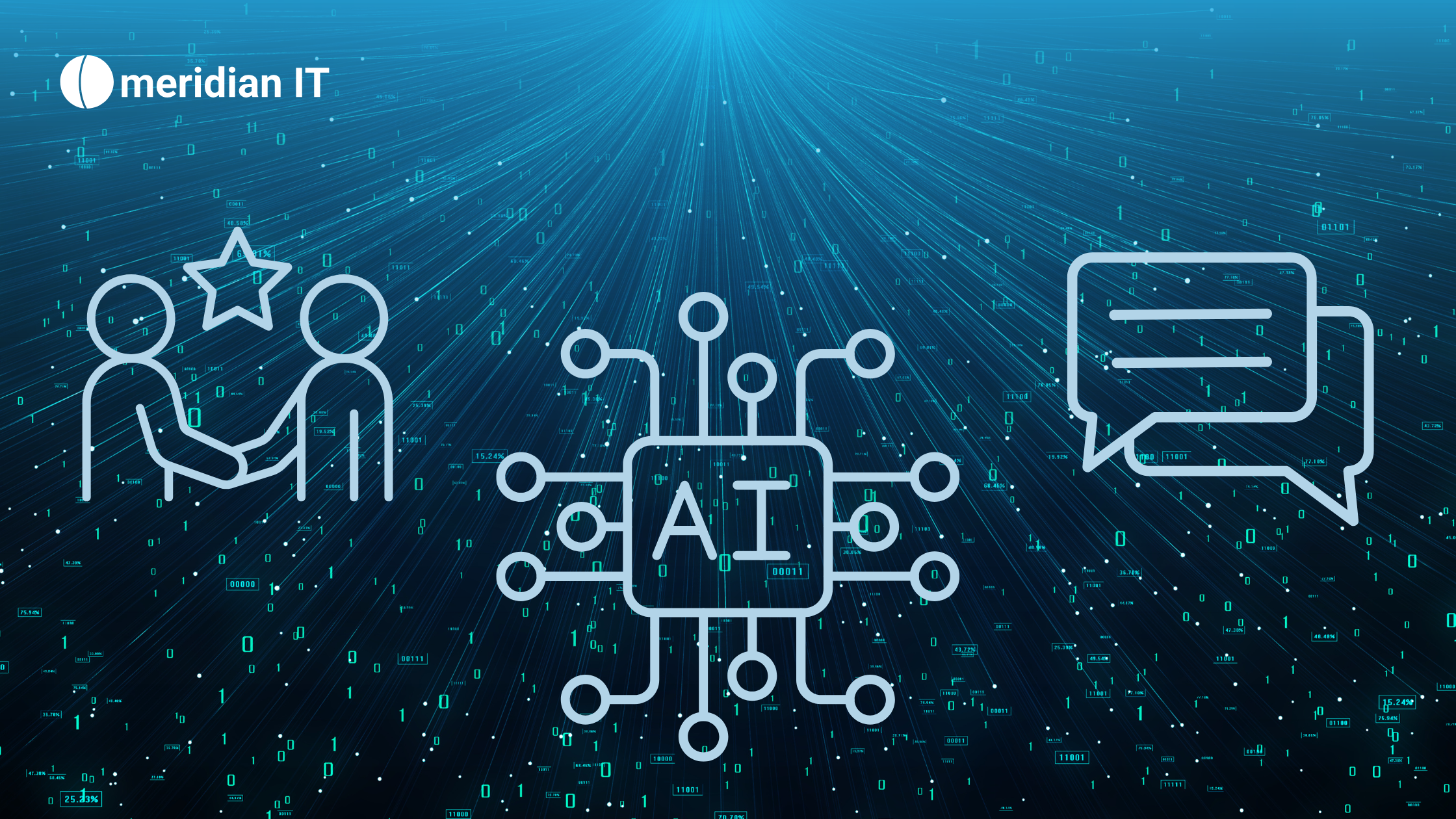Artificial intelligence (AI) continues to revolutionize how businesses engage with their customers. From chatbots handling customer complaints to recommendation engines tailoring our online experiences, AI has become central to the operations of countless industries. But as this technology becomes more sophisticated, an intriguing question arises: can AI ever achieve emotional intelligence (EQ) and truly understand your customers?
What is Emotional Intelligence?
Emotional intelligence refers to the ability to recognize, understand, and manage one's own emotions while also empathizing with others and responding appropriately to their feelings. It includes skills like emotional awareness, empathy, interpersonal communication, and conflict resolution - traits we traditionally associate with humans.
Businesses with emotionally intelligent customer interactions often build deeper trust, foster loyalty, and create long-lasting relationships. Now imagine if AI systems, which can already analyze vast amounts of customer data, added emotional intelligence to their toolkit. What would that mean for the future of customer experiences?
How AI Mimics Emotional Understanding
AI has begun integrating aspects of emotional intelligence using advanced technologies like Natural Language Processing (NLP), sentiment analysis, and facial recognition. Companies like Apple, Google, and Microsoft are pouring resources into making their AI assistants and systems more emotionally responsive. Here are a few ways AI is attempting to mimic emotional understanding:
- Sentiment Analysis:
AI algorithms can analyze textual data to determine the tone and sentiment of a customer's message. For example, a frustrated customer email can trigger and AI to escalate the issue to a human agent or deploy a pre-written response that conveys empathy. - Personalized Recommendations:
AI uses data-driven insights to provide tailored solutions or suggestions based on user preferences and behavior. While not directly expressing "empathy", it resembles emotionally aware listening to meet customers' specific needs. - Voice Recognition & Tone Analysis:
Tools like Amazon's Alexa are beginning to assess the tone and mood in a user's voice, identifying whether someone feels happy, upset, or stressed - and adjusting their responses accordingly. - Facial Recognition:
AI-powered tools can analyze facial expressions for emotional cues, which is especially useful in retail environments or video calls.
While these technologies are impressive, they only skim the surface of true emotional intelligence. Current AI doesn't have innate understanding - it operates on programmed logic, statistical probabilities, and vast data sets. Its empathy is simulated, not felt.
The Limitations of AI in Emotional Intelligence
AI's EQ efforts are undeniably remarkable, but they have critical limitations:
- Lack of Genuine Empathy:
AI can recognize emotion in tone or text, but it doesn't feel empathy. Emotional responses are programmed, and the emotional connection remains superficial. - Cultural and Contextual Challenges:
Empathy and emotions are deeply tied to cultural nuances. An AI might misinterpret a customer's sarcastic comment as rude or fail to detect the genuine concern embedded in a joking tone. - Unpredictable Human Behavior:
Humans are complicated. Two customers may express frustration in entirely different ways, requiring nuanced understanding and flexible emotional responses that AI struggles to replicate.
Can Machines Truly Understand Your Customers?
The short answer is: not yet. AI can process data, mimic emotional cues, and deploy interactions that feel emotionally intelligent, but it cannot experience emotions itself. However, this does not mean AI can't revolutionize customer engagement.
By automating repetitive tasks and analyzing vast amounts of feedback, AI allows human agents to focus on high-value emotional customer interactions. In other words, AI provides the what, while humans provide the why.
The Road Ahead
Combining AI and emotional intelligence holds boundless potential to enhance customer experiences. While machines will likely never fully replicate the depths of human empathy, advancements in emotional AI will continue to improve - and customers may increasingly feel that businesses "get" them.
The real future lies in a hybrid approach, where AI augments human emotional intelligence. By blending powerful automation with authentic, human-driven empathy, companies can forge deeper, more meaningful connections with their customers.
It's not about replacing humans with machines - it's about making machine-powered experiences more human.
Want an Intelligent Contact Center Solution?
If you're looking to transform your customer interactions with cutting-edge AI while keeping the human touch alive, Meridian IT can help. Check out our mCollab solutions to enhance communication, streamline support, and strengthen customer relationships. Discover how Meridian IT can elevate your customer experience to the next level.




